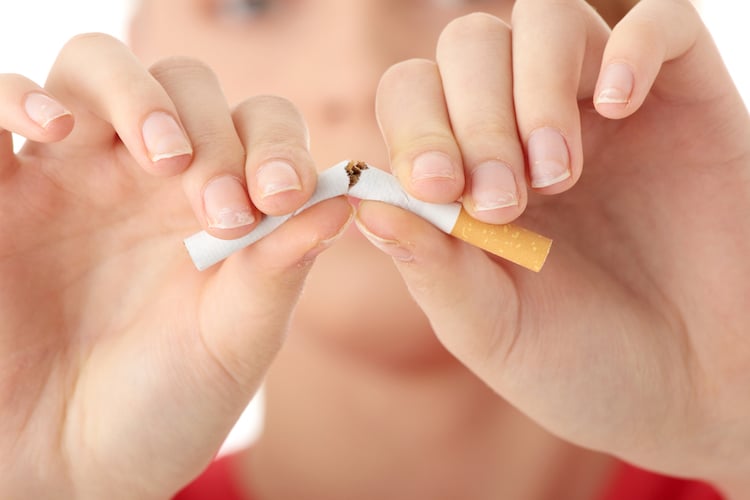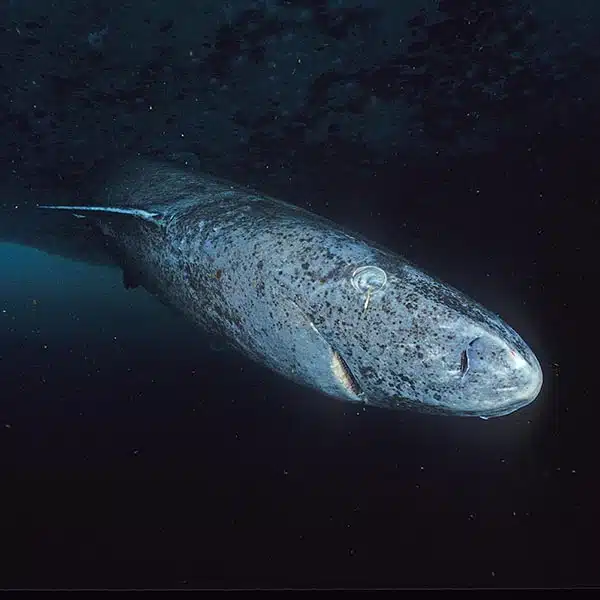
Photo: piotr_marcinski/DepositPhotos
Many countries have instated laws that make it more difficult to smoke cigarettes, but New Zealand is taking things a step further. New legislation will go into place next year that is aimed to make the country smoke-free by 2025. In a move to prevent children from ever even picking up a cigarette, the legal smoking age will rise over time so that anyone born after 2008 will never even be able to purchase a cigarette.
And that's not all. The program, called Smokefree Aotearoa 2025, will also require reduced levels of nicotine in tobacco products and it will decrease the number of stores able to sell these products. All of this is aimed at creating a smoke-free generation. While critics have concerns that this will only increase the use of vaping products, which aren't affected by the legislation, and create a cigarette black market, the Health Ministry is confident about this choice. In fact, they're also including programing to attack the issue from all angles.
“Alongside policies in the action plan that will become law, practical support measures for smokers are also being prioritized,” shared Dr. Ayesha Verrall, Associate Minister of Health. “Preventing people from starting to smoke and helping those who smoke to quit means we are covering both ends of the spectrum. We know it’s really tough to break the habit and some people who smoke will understandably need lots of support leading up to these changes taking effect.”
The program also acknowledges a stark difference in the number of smokers based on income level and ethnicity. That is why there will be a particular focus on decreasing the number of smoke shops in low-income areas, where the density is higher. And that's also why a Māori Advisory Taskforce and a Pacific Advisory Group are being formed.
According to statistics in The Guardian, in 2018 the daily smoking rate in New Zealand had fallen to 11.6%. However, those numbers were much higher for Māori and Pasifika—29% and 18%, respectively. By bringing in Māori leadership to help with the decision-making process, they are hoping for better outcomes in that community. Already, the 2021 budget provided $36 billion to the Pacific communities for health programs and stop-smoking services in an effort to provide better smoking prevention education and support for those trying to quit.
It's an ambitious project that will require buy-in from many different communities, but certainly, the outcome for the health of the nation may be well worth the effort in the long run. As Dr. Verrall declared, “This is a historic day for the health of our people.”
New Zealand has passed new legislation that will make it impossible for kids born after 2008 to legally purchase cigarettes.

Photo: Nomadsoul1/DepositPhotos
h/t: [IFL Science]
Related Articles:
Anti-Smoking Ads Made of Thousands of Cigarettes
Identical Twins’ Faces Reveal the Aging Effects of Smoking
Portraits of People Whose Traditional Māori Tattoos Disappear in Wet Plate Photos
New Report Details Māori Sailors’ History With Antarctica That Long Predates European Exploration






















































































